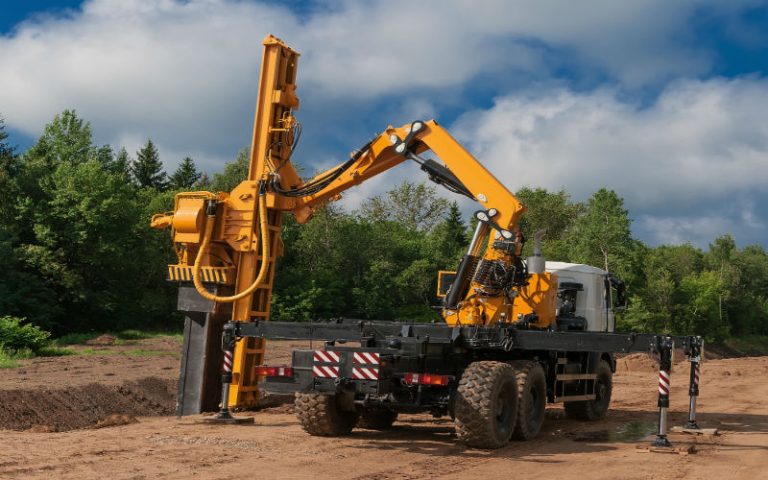Definition and Basic Functionality
A chiller and cooling tower system is an integral part of modern industrial and commercial facilities, designed to provide efficient cooling by removing heat from a liquid via a vapor-compression or absorption refrigeration cycle. These systems are classified into various types based on their cooling methods and structural designs, such as air-cooled and water-cooled chillers, along with counterflow and crossflow cooling towers. Understanding these distinctions is crucial for selecting the right system for specific cooling needs.
Components and Configuration
The main components of a chiller system include compressors, evaporators, and condensers while cooling towers feature components like fill media, drift eliminators, and cooling water basins. These elements work in harmony to transfer heat from the building effectively or process environment to the outside atmosphere, maintaining optimal temperatures and ensuring system efficiency.
Key Benefits of Integrating Chiller Tower Systems
Energy Efficiency and Cost Savings
Chiller tower systems are celebrated for their ability to conserve significant amounts of energy compared to traditional cooling methods. By optimizing the heat exchange process and utilizing advanced technologies, these systems minimize electrical energy consumption, leading to considerable cost savings over time. Facilities that implement these systems experience a rapid return on investment due to reduced operational costs.
Enhanced Cooling Performance and Capacity
These systems are capable of managing large-scale cooling demands with superior efficiency and reliability. They are designed to be scalable and adaptable, making them suitable for various applications ranging from small commercial spaces to large industrial complexes. The ability to maintain precise temperature control under different loads makes chiller tower systems indispensable in sectors where cooling performance is critical.
Environmental Impact
Modern cooling tower systems also contribute positively to environmental conservation. They are engineered to reduce greenhouse gas emissions and, in some configurations, lower water usage. It makes them an environmentally responsible choice for businesses aiming to reduce their ecological footprint.
Long-term Reliability and Maintenance
Durability and ease of maintenance are among the top advantages of these systems. Many newer models come equipped with advanced monitoring tools that aid in predictive maintenance, allowing for timely troubleshooting and reduced downtime. This ensures long-term reliability and operational efficiency, safeguarding the cooling infrastructure of a facility.
Choosing the Right System for Your Needs
Assessment of Cooling Needs
To determine the appropriate chiller tower system for your facility, it’s essential to accurately assess your cooling requirements. It involves understanding the total heat load, environmental conditions, and specific cooling needs of your operations. Calculating the right size and capacity of the system is crucial to ensure efficiency and cost-effectiveness.
Considerations for System Installation
Installing a chiller tower system requires careful planning regarding space and infrastructure. It’s important to consider the physical dimensions of the system and ensure there is adequate space for installation and future maintenance. Additionally, adhering to regulatory compliance and safety standards is mandatory to ensure safe and effective operation.
Ongoing Management and Upkeep
Regular maintenance is key to sustaining the performance of a chiller and cooling tower system. Establishing routine checks and servicing can prevent potential issues and extend the lifespan of the system. Training staff in the proper operation and maintenance of these systems is also advisable to maintain operational excellence.
By understanding the benefits and operational guidelines of cooling tower systems, organizations can make informed decisions that lead to improved efficiency, cost savings, and environmental sustainability.
